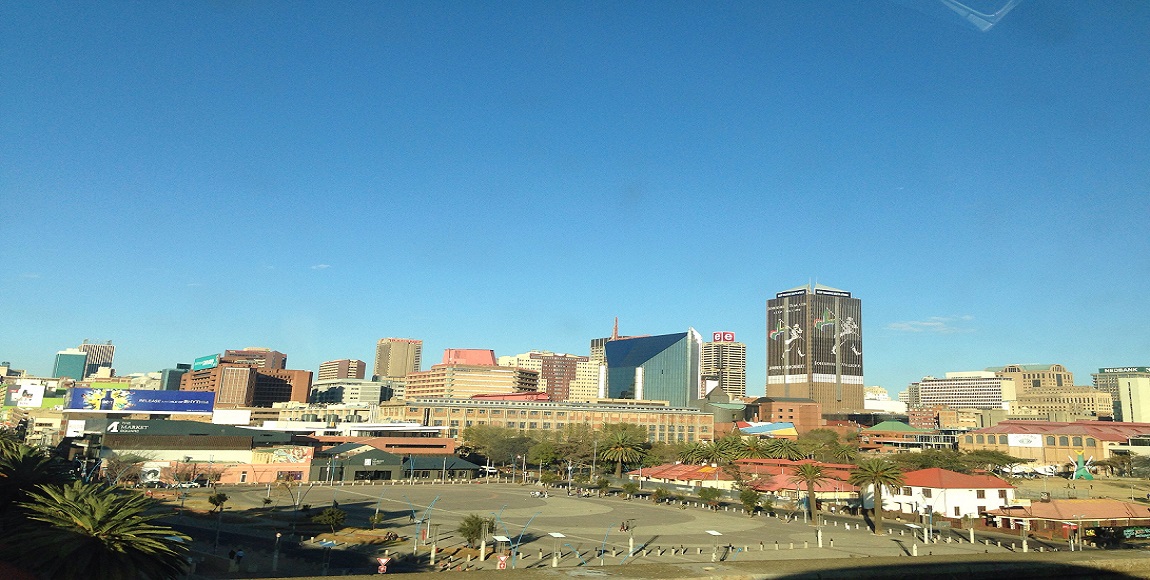Johannesburg has dropped nine places in a global survey on city safety. It now ranks 50th out of the 60 countries surveyed. This is according to a report by The Economist’s intelligence unit and global IT services group NEC. The Daily Vox team takes a closer look at what this means.
The index, released earlier this week, ranks cities on 49 security indicators, including health, infrastructure, personal security and digital security. The index is meant to help policymakers better understand and address urban security issues.
The Safe Cities report looks at the various security and safety issues affecting cities around the world. Population growth in urban spaces puts pressure on infrastructure such as housing, healthcare, water and electricity, and infrastructure security becomes a greater concern. A city with good infrastructure is better equipped to deal with natural disasters.
Johannesburg was ranked 51st in health security, an indicator of the city’s ability to provide a healthy urban environment and adequate healthcare for its people. The city also has the sixth highest number of vehicular accidents per year.
On infrastructure security, Johannesburg slipped to 55. It also ranked poorly on personal security, with a ranking of 54.
The report said high levels of urban crime leads to residents feeling they need to increase private security around their homes. This in turn pushes up home insurance costs, which in turn affects business in the city.
The World Economic Forum’s Global Competitiveness Report 2015–2016, found that crime and theft are hindrances to businesses in the city. In the report, personal security issues were most problematic factors for doing business in South Africa.
Johannesburg was one of just three African countries were listed in the 2017 index. Casablanca was ranked 48th and Cairo, which has a much larger urban population, at 51.
Overall, Japan’s capital city Tokyo was found to be the safest city in the world. It topped the rankings in 2015 as well. The city performed the best in digital security and in health security, but did poorly in the infrastructure security.









